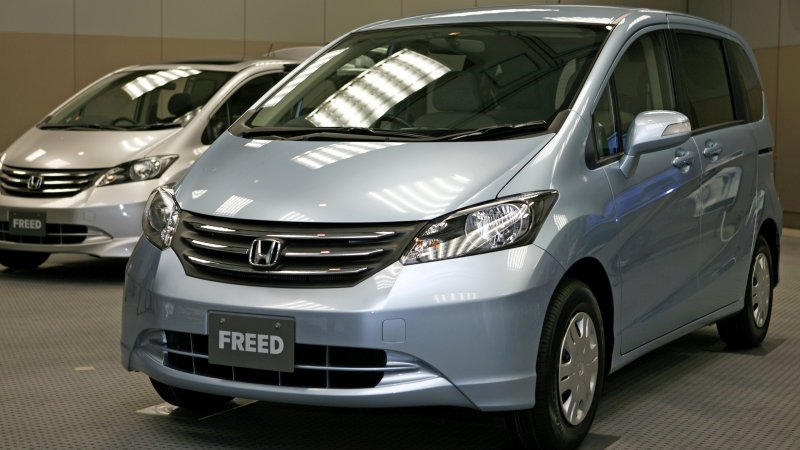The Japanese automaker worked with Japanese metal supplier Daido Steel Co. to develop a process that eliminates the use of rare-earth elements such as terbium or dysprosium. The first vehicle to feature this process will be the Honda Freed subcompact minivan, which is based on the platform of the Fit and will go on sale in Japan later this year. The new technology will help free Honda from its dependence on China, which produces about 90 percent of the world's rare-earth metals.
The new process uses what's called the "hot deformation method" to eliminate the need for the heavier metals and likely reduce hybrid-engine costs. Honda's new hybrid motors use a lighter rare-earth material called neodymium.
With both electric and hybrid vehicle production forecast to grow within the next few years, rare-earth metal demand is forecast to rise by 14 percent a year to more than $9 billion by 2019, Automotive News says, citing an estimate from technology-research company Technavio Research.
Honda estimates that the new process cuts the cost of making the motors' magnets by about 10 percent while reducing their weight by about eight percent, Reuters says. Additionally, neodymium is found in Australia and North America, as well as China.
Honda has been selling a gas-powered version of the Freed in Japan since 2008. Three years later, Honda started selling a hybrid version of the minivan, which was rated to get 51 miles per gallon on the Japanese driving cycle.
Related News



